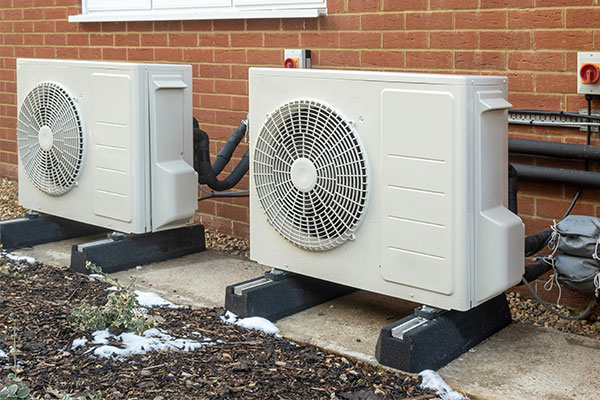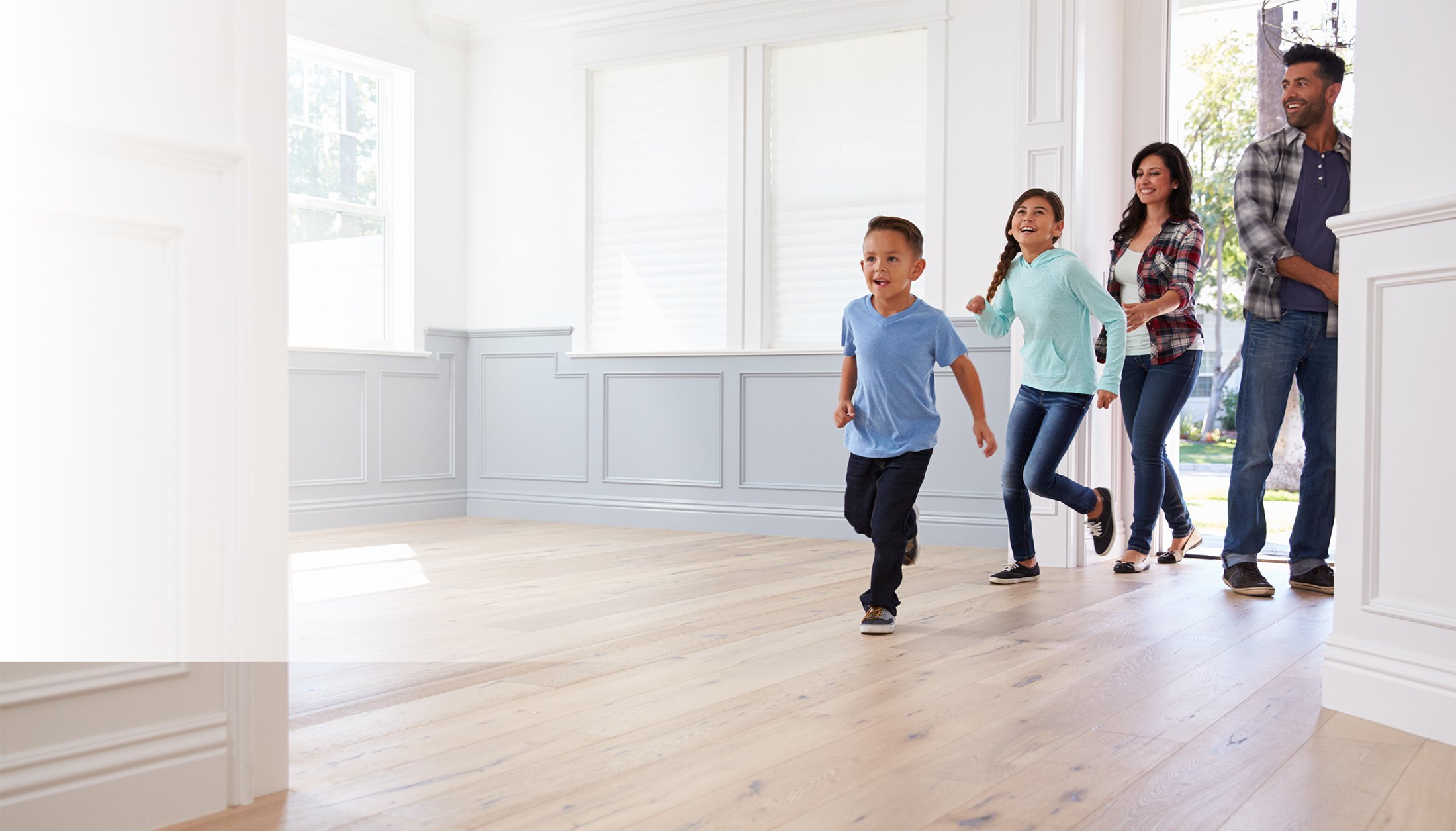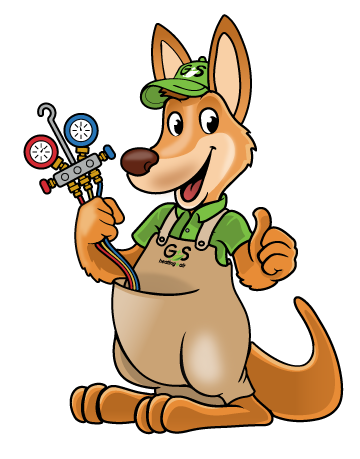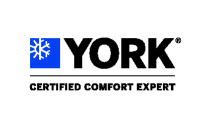
As the days grow shorter and the nights get cooler, it’s time to start thinking about winter preparations. Central to many households' winter warmth is the ever-reliable heat pump. But is your heat pump truly ready for the colder months ahead? Just like any other home appliance, heat pumps require regular checks and maintenance to ensure they run efficiently and effectively. If your heat pump shows signs of wear and tear, now might be the perfect time to consider heat pump repair or even new heat pump installation.
Signs Your Heat Pump Could Need Repair
- Inconsistent Heating: If you notice that some rooms in your home are colder than others or if the temperature fluctuates without explanation, this could be a sign that your heat pump isn't working as it should.
- Strange Noises: All machines make some noise, but if you start hearing unusual sounds like grinding, squealing, or rattling from your heat pump, it's time to have it checked out.
- Increased Energy Bills: A significant increase in your energy bills without a corresponding change in usage clearly indicates that your heat pump isn’t operating at optimal efficiency.
- Frequent Cycling: If your heat pump frequently turns on and off or seems to run continuously, it could be struggling to maintain the desired temperature. This not only increases wear and tear but also drives up energy costs.
- Ice Build-up: During colder months, it's normal for a small amount of frost to appear on the heat pump's coils. However, observing a thick layer of ice, it indicates a malfunction, such as problems with the defrost cycle.
Reasons Heat Pump Replacement Might Be Necessary
- Age of the Unit: Heat pumps typically have a lifespan of about 10-15 years. If yours is this age, you might experience decreased performance and increased energy costs. New heat pump installation will ensure consistent warmth and improve energy efficiency.
- Cost of Repairs: The cumulative costs can add up if your heat pump needs frequent repairs. Sometimes, it's more cost-effective to invest in a new unit than to keep patching up an old one.
- Technological Advancements: Like all technologies, heat pump designs and features have evolved. New models are more energy-efficient, quieter, and often have advanced features that improve comfort and user experience.
- Energy Efficiency Concerns: Older models might not meet current energy efficiency standards. Upgrading to a newer model can save you money on energy bills and reduce your carbon footprint.
- Safety Concerns: A malfunctioning heat pump can pose potential safety risks, such as electrical issues or refrigerant leaks. If your technician identifies a safety concern they can’t easily repair, it's best to opt for a new heat pump installation.
Winter is when you want your home to be a warm and cozy sanctuary. Ensuring your heat pump is in top condition will help ensure your home is comfortable through the winter season. Regular maintenance and checks can extend the life of your unit and ensure optimal performance.
However, if you're encountering any of the issues mentioned above, it might be time to consider a new heat pump installation. Investing in a new unit can provide peace of mind, knowing that your home will stay warm all winter. So, don't get caught in the cold; ensure your heat pump is winter-ready by contacting G+S Heating and Air to schedule a service call.












